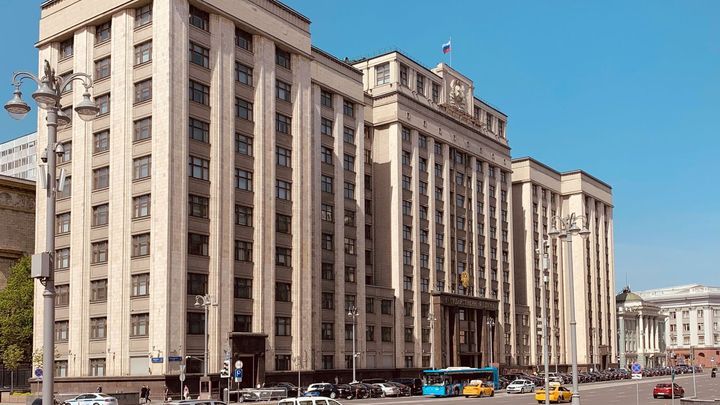Natasha Lindstaedt
Abstract
This chapter looks at the personalization of power in Russia under President Vladmir Putin, and the efforts to resist ongoing autocratization. Much of Russia’s downward democratic trend is due to the nature of Putin’s rule and his unrelenting quest for political survival. Like many personalist dictators,[1]Putin has no exit strategy; he aims to be in power indefinitely.
Putin has skilfully used propaganda and repression to keep the Russian public supportive of or at least, apathetic to his unlimited tenure. Domestically, Russian propaganda has a dual purpose: to promote Russia’s traditional values and to emphasize its moral superiority over the West. The Russian state-controlled media portrays Russia as a benevolent humanitarian actor having to intervene on the behalf of countries who face Western aggression or some other form of instability generated by the West. Additionally for Putin, aggression abroad is the best way to inflate his approval ratings; military operations have been launched against post-Soviet neighbouring states as a means of keeping citizens distracted from the regime’s failings.
Since the notable 2011-2013 demonstrations that took place in response to Putin’s official return to power, Putin’s regime has intensified its control, using various forms of repression to ensure that there are no critical voices that contradict the party line. The media, NGOs and civil society have seen their freedoms severely curtailed and whistle blowers, human rights activists and the opposition have faced harassment, threats, smear campaigns, imprisonment, fines and sometimes death. Laws have also been crafted to undermine democratic institutions, the power of regional and local governments and the rule of law. As he sees it, his personal power is also dependent on the instability and chaos of Western liberal democracy. Destabilizing democratic institutions and eroding democratic values abroad which includes sowing divisions and unrest in powerful Western democracies such as the US is important to his quest for power. As the chapter will explain, resistance to this has been steady though not widespread enough to weaken the regime, and there are few elites that are likely to defect to support the resistance effort.

